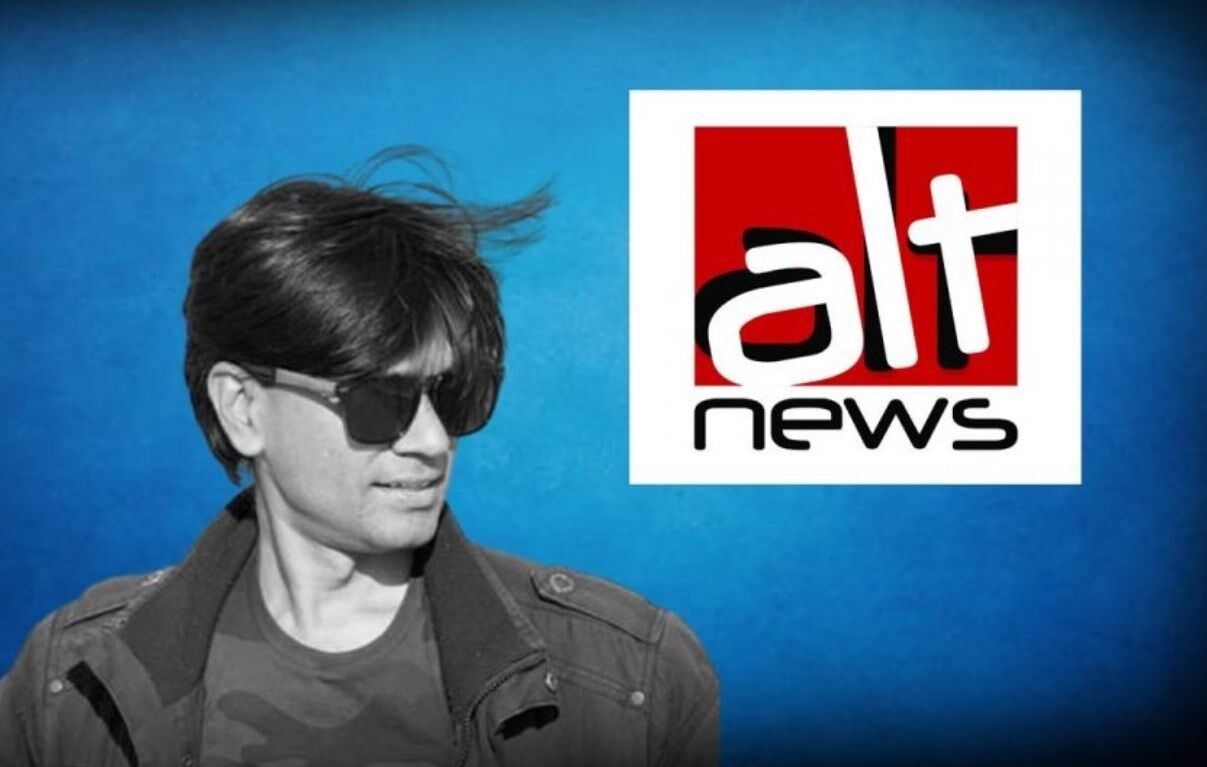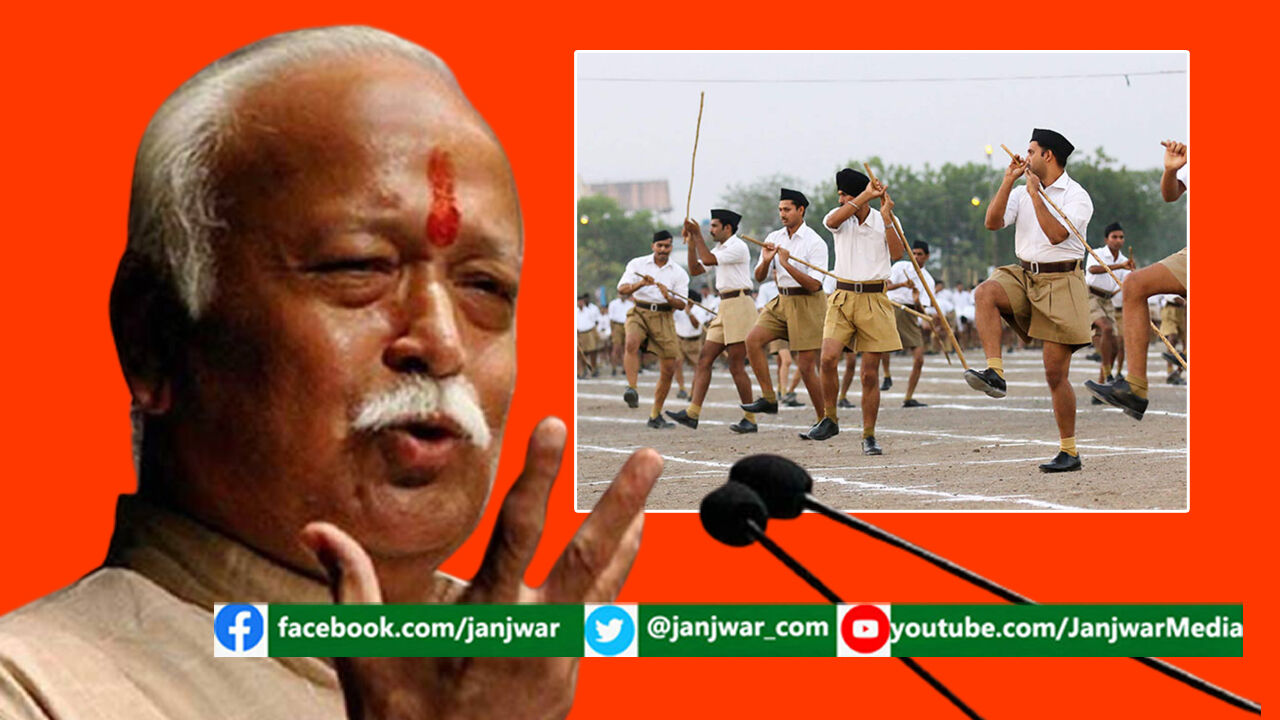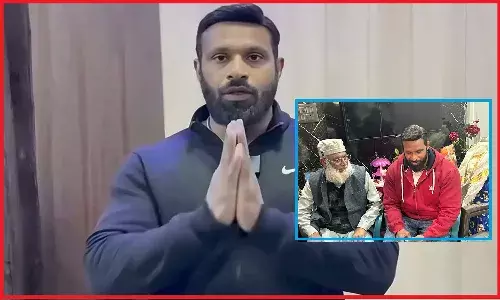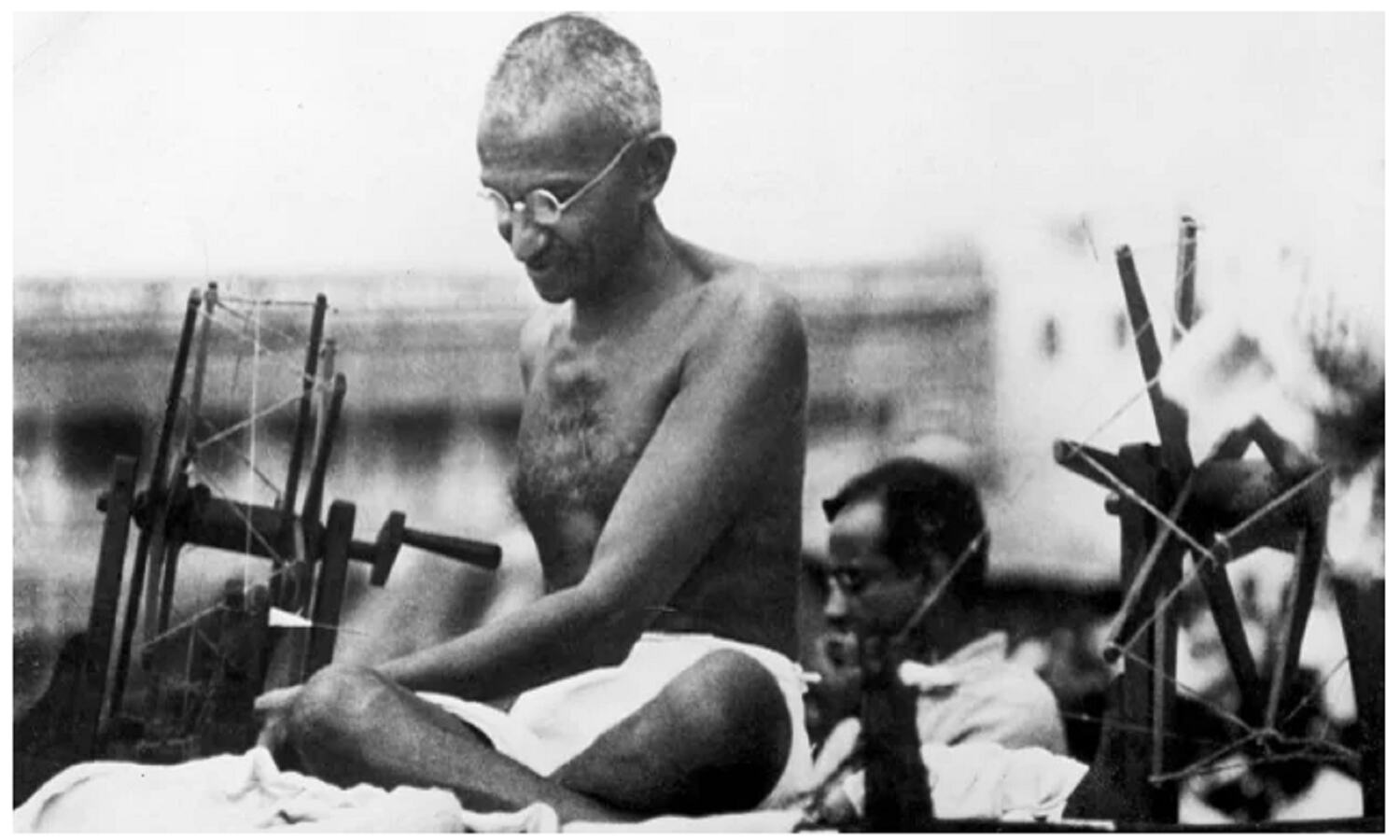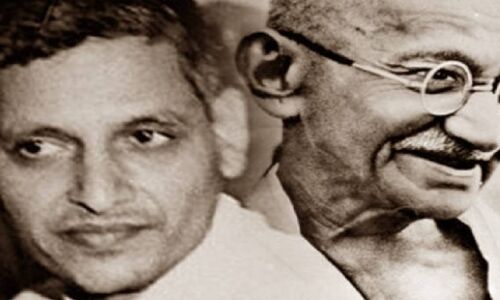Gambling is State Matter, the Centre Cannot Block Online Gambling Sites

Seven Jackpots
MEITY Has Neither the Jurisdiction, nor the Duty to Issue IP Ban Notices
The Union Government has told the High Court in Delhi that the Ministry of Electronics and Information Technology (MEITY) has not been vested with the power to direct intermediaries to block online gambling sites and that the legislator has not laid such a duty upon the IT Ministry. States have the exclusive competence on matters related to gambling, betting and wagering and it would be a conflict of interests if the Centre interferes into the State Governments' realm.
MEITY, the Ministry of Finance, and the Central Government are respondents to a petition filed at the Delhi High Court asking it to order these Union bodies to take measures towards the banning of websites dealing with gambling, betting and wagering online.
The petitioner Avinash Mehrotra pleads that a great number of websites of this sort operate in India and are accessible to the public even though many states have adopted legislation against gambling. "All these activities, though expressly prohibited by law, are being carried out because of a lack of enforcement of the laws in question," he writes.
Mehrotra, who says he is a provider of financial advice, alleges that the Indian online gaming environment is a "great place for carrying out hawala operations, laundering money, etc," because it is not regulated. "In fact, it is submitted that Foreign Exchange laws, as well as Income Tax laws, are also likely being violated today by the online gambling websites."
The Union Government's affidavit, filed through its standing counsel Anil Soni, tells the High Court that the competence of the first respondent to the petition, the IT and Electronics Ministry, does not include any matters connected with FEMA (the Foreign Exchange Management Act), money laundering activities or tax evasion schemes.
The Centre's statement argues that effective adjudication is not possible to be arrived at without examining the opinions of Tamil Nadu, Andhra Pradesh, Telangana, Nagaland, and Sikkim as states which have passed their own regulations expressly relating to online gambling.
"The petitioner in the entire writ petition refers to effective enforcement to prohibit online gambling/games, but has miserably failed to implead states as parties to the case which are the ''appropriate government'' in the regulation of ''betting or gambling''," the affidavit says.
The Centre Has Answered the Same Questions Before
Avinash Mehrotra writes to the Delhi HC that he filed a similar petition in 2019, where, besides a ban on online gambling sites, he sought recovery of due taxes from players and operators of such websites.
The Indian income tax legislation stipulates that earnings from gambling which exceed ₹ 10,000 are to be levied with a 30 per cent flat tax (effectively 31.4 per cent with the Health and Education Cess). Foreign operators of offshore online gambling platforms are required to pay corporate tax on profits made in India and GST of 28 per cent is to be paid by registered merchants.
The 2019 petition resulted in an order to the Union Government to take it as a representation and make the necessary decisions in accordance with the legislation in force. The petitioner was then informed that the Central Government did not possess the legal competence to implement his representation to place bans or blocks to any websites.
"MEITY cannot be expected to traverse law or legislative mandate and perform the action of blocking online gambling websites. Further, any such action expected to be taken by it of regulating online gambling/gaming websites will result in a conflict of powers vis-a-vis with the ''appropriate government'' which is the state government," holds again the recent affidavit by the Centre.
The Delhi High Court bench consisting of Chief Justice Dhirubhai Naranbhai Patel and Justice Jyoti Singh scheduled the next hearing on the present litigation for October 11.
TN Prohibition on Online Gambling did not Live Long
An unusually quick judgment from August of the High Court at Madras had the Tamil Nadu law rejected and resulted in online games like rummy and poker getting legal again in the state. The first bench of Chief Justice Sanjib Banerjee and Justice Senthilkumar Ramamoorthy observed that the TN Gaming and Police Laws (Amendment) Act of 2021 was excessive and disproportionate to its object. The bench also found that the bill contradicted the national Public Gaming Act of 1867 and declared it invalid.
The Tamil Nadu Government first circulated an Ordinance on November 20, 2020 banning gambling in cyber space, and then replaced it with certain modifications with a bill proposal tabled at the state's Legislative Assembly on February 4, 2021. The Bill was passed and amended three existing laws: the Chennai City Police Act of 1888, the Tamil Nadu Gaming Act of 1930, and the Tamil Nadu District Police Act of 1859.
The TN Government explained in the Bill's Statement of Objects and Reasons that, "Playing games like Rummy, Poker etc., using computers or mobile phones for money or other stakes which are addictive in nature had developed manifold in the recent times."
The Tamil Nadu Gaming and Police Laws Amendment Act of 2021 aimed to counter the Covid-19 pandemic-related growth of online gambling with custodial punishments of up to two years and financial penalties of up to ₹ 10,000, or both. Online skill games, including rummy and poker, were also rendered illegal when a stake or a bet was involved.
The All India Gaming Federation (AIGF) and several organizations acting separately attacked the constitutional validity of the Amendment Bill before the Madras High Court. "Since 1968 the Supreme Court has made it clear that rummy is a game of skill and not a game of chances. Therefore, online rummy cannot be banned," the petitioners argued. "When rummy is allowed to be played physically in clubs, the same cannot be banned online."






